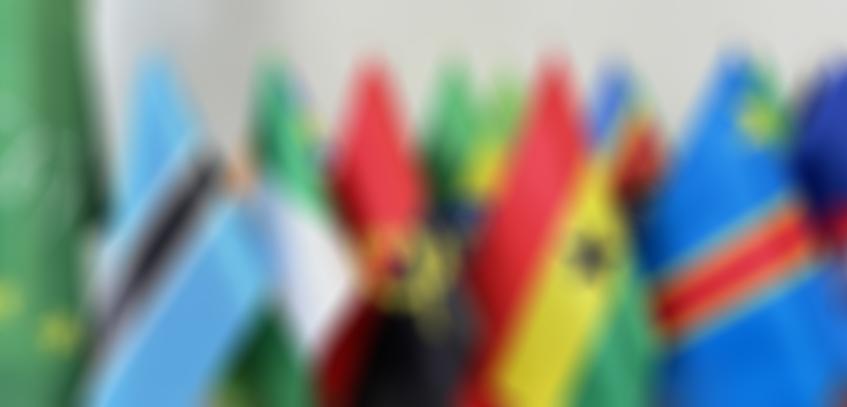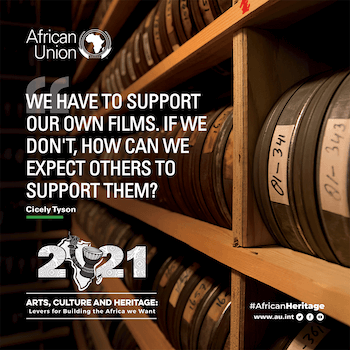All 24 teams to compete in the 2023 Africa Cup of Nations from 13 January- 11 February 2024 are known after the qualifiers drew their curtains last week. The "AFCON" as the tournament is christened is Africa's pinnacle nations football competition. Next year's event will be the second Cote d'Ivoire is hosting after a maiden experience in 1984.
Initially a 16-team competition, the AFCON will be played by 24 teams for the third time after an 8-team increase in 2019 in Egypt.
Sextuple champions Egypt is heading to a record 26th AFCON in Cote d'Ivoire while five-time winners Cameroon had to wait for the last play day to secure their ticket for their 21st participation. Ghana, quadruple champions, and Nigeria that has lifted the continent's most coveted football trophy thrice alongside Morocco, Algeria, South Africa, Senegal, Tunisia, Zambia, and DR Congo have at least bagged home the silverware once and will be keen on dazzling in Cote d'Ivoire.
Burkina Faso, Equatorial Guinea, Mali, Guinea, Angola, and The Gambia who in recent editions have been scintillating will be hoping to replicate this again in Cote d'Ivoire. The hosts themselves have tasted the glitz and glam of being African champions in 1992 and 2015 and have an ardent desire to pick up a third crown.
Football in Africa is greatly evolving and nations such as Mozambique, Namibia, and Guinea Bissau have been to the Afcon thrice, Mauritania and Tanzania with 2 participations, and The Gambia who will be playing in the AFCON for a second time have the mettle to lay claims against the habitual favorites.
The Africa Cup of Nations over the decades has become a prized destination for football fans and a melting pot of cultures. The competition has become a vector for infrastructural development in the respective host nations with stadiums constructed, hotels erected, and health facilities endowed with state-of-the-art equipment to cater to fans and players.
The football bonanza has evolved significantly, ranking as the third most prestigious football competition globally in terms of its cumulative TV audience, after the FIFA World Cup and the European Championship.
From the initial Afcon in 1957 that involved Egypt, Ethiopia, and Sudan, the precursors of a stronger Africa envisioned the power of football to garner people around poignant political values and ideals. With the evolution of the competition from 3 participants in 1957 to 6 in 1963, and 12 in 1992 to 16 in 1996, and now 24 nations, the Afcon has grown extensively. Just like the African Games, a brainchild of African Ministers of Sport, these competitions present an unrivaled opportunity for citizens of different countries to discover and assimilate the cultures of others.
The continental football showpiece’s ability to channel the attention of Africans towards a common goal has become a reality in line with the vision of CAF founding fathers.
A common delightful sight at AFCONs is a group of supporters often clad in colorful outfits representing their nations, dancing with dexterity, chanting their anthems, and cheering their respective teams to victory. But like before and after games, supporters from teams walk into and out of the stadiums, chatting with one another, fraternizing and creating fond memories, fostering the ideals of African unity. Such thrilling imagery is a manifestation of the role football can play in promoting and symbolizing African unity and integration in line with the African Union pan-African vision of “An integrated, prosperous and peaceful Africa, driven by its own citizens and representing a dynamic force in the global arena.
The 2023 Africa Cup of Nations in Cote d’Ivoire presents another ideal platform to foster African unity and promote the AU’s Agenda 2063 to a larger African population that embraces the organization's goal of seeing a more ambitious and prosperous continent.










